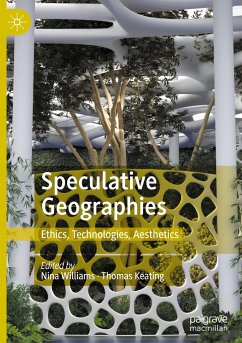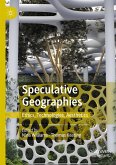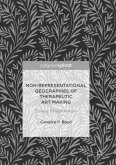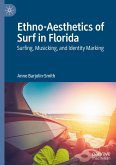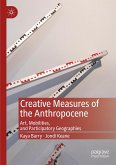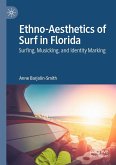This book explores how speculative thinking is shaping how we relate to our entangled social, mental, and environmental ecologies. It examines how speculative philosophies and concepts are changing geographical research methods and techniques, whilst also developing how speculative thinking transforms the way human, non-human, and more-than-human things are conceptualised in research practices across the social sciences, arts, and humanities. Offering the first dedicated compendium of geographical engagements with speculation and speculative thinking, the chapters in this edited collection advance debates about how affective, imperceptible, and infra-sensible qualities of environments might be written about through alternative registers and ontologies of experience. Organised around the themes of Ethics, Technologies, and Aesthetics, the book will appeal to those engaging with architecture, Black political theory, fiction, cinema, children's geographies, biotechnologies, philosophy, rural studies, arts practice, and nuclear waste studies as speculative research practices appropriate for addressing contemporary ecological problems.
Chapters 1, 3 and 4 are available open access under a Creative Commons Attribution 4.0 International License via link.springer.com.
Chapters 1, 3 and 4 are available open access under a Creative Commons Attribution 4.0 International License via link.springer.com.
"Speculative Geographies is a powerful appeal to new kinds of earth-writing. It is a timely ... edited collection exploring the growing influence of speculative theory in geography, as well as the under-acknowledged importance of geography in speculative theory. ... the volume is a landmark contribution to this emerging field. ... Speculative Geographies will be a key touchstone for contemporary thinking on the philosophies, ethics, and methods of geographical practice." (Julian Brigstocke, Social & Cultural Geography, June 10, 2024)

